Lab worktops are engineered to endure the demanding conditions of scientific and industrial environments. These surfaces form the core of any laboratory workspace, offering high resistance to chemicals, thermal shock, moisture, and abrasion. Crafted from advanced materials like epoxy resin, phenolic laminate, stainless steel, ceramic, or compact laminate, each type is selected based on application-specific needs—whether sterile processing, heavy-duty equipment use, or corrosive handling. Precision fabrication ensures smooth finishes, seamless integration with sinks and fittings, and easy sterilization. With a focus on durability, hygiene, and compliance, laboratory worktops ensure long-term performance while supporting safe and efficient lab operations.
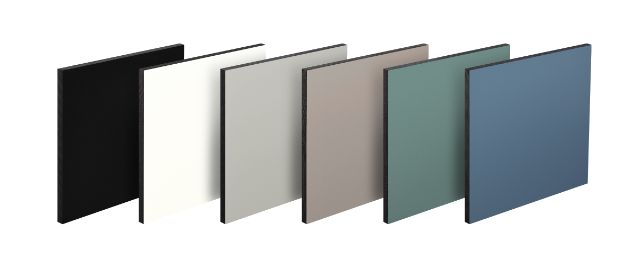
Phenolic resin worktops, commonly known as TRESPA, are ideal for labs requiring high chemical resistance and lightweight durability. Composed of thermoset resins and cellulose fibers, they offer excellent impact, moisture, and scratch resistance. Easy to clean and maintain, TRESPA is widely used in educational, pharmaceutical, and microbiology laboratories. It’s suitable for medium-duty applications and environments requiring anti-bacterial surfaces without exposure to extreme heat or heavy mechanical loads.
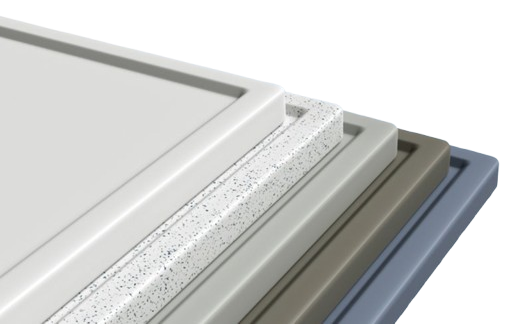
Ceramic worktops provide superior thermal shock resistance and acid corrosion protection, making them ideal for chemical, metallurgical, and pathology laboratories. Their dense, non-porous surface resists staining and supports sterile applications. Withstanding temperatures over 1000°C, ceramic tops are perfect for labs using open flames, concentrated acids, or autoclaves. Their long lifespan and hygienic finish also make them suitable for forensic science and high-temperature industrial testing environments.
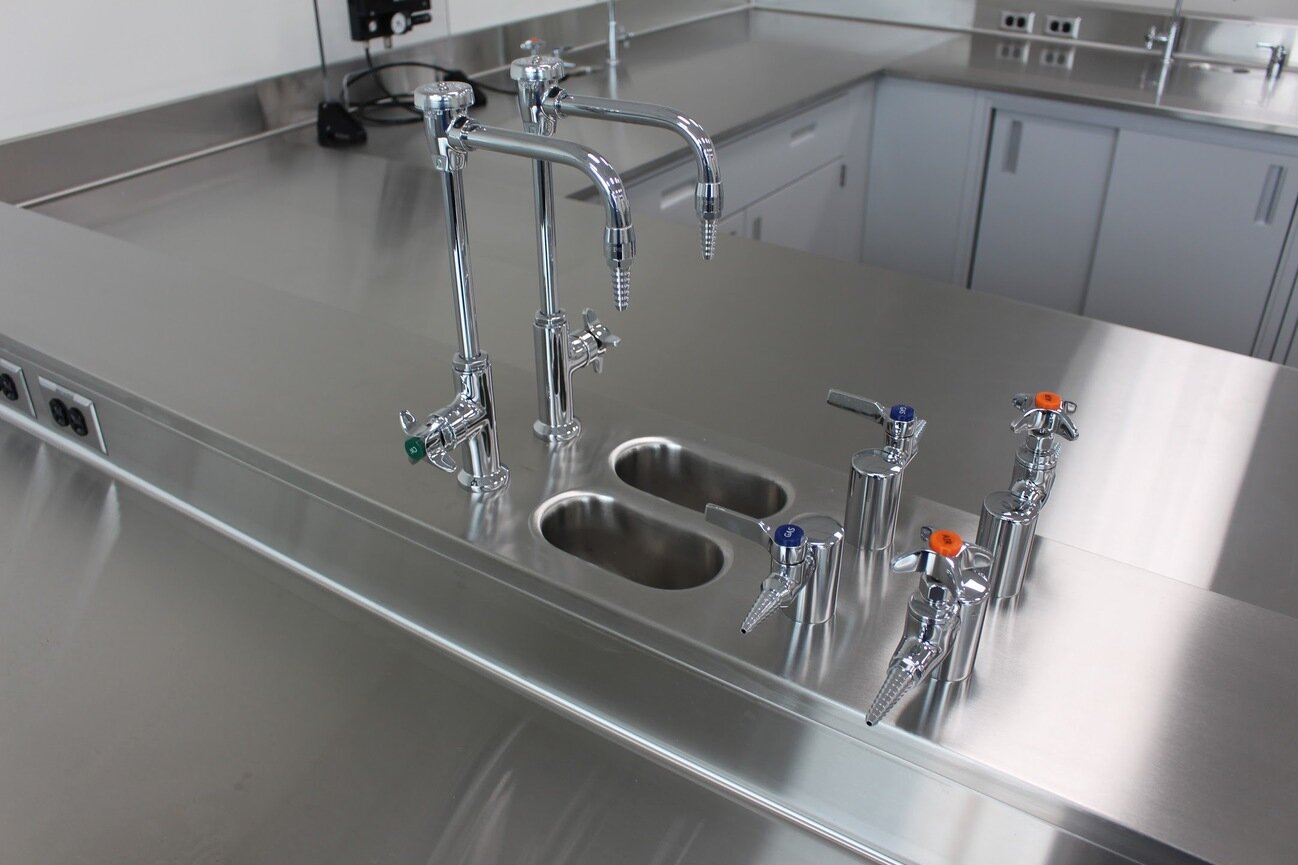
Stainless steel worktops offer exceptional hygiene, heat resistance, and chemical durability, making them essential in clinical, pharmaceutical, food testing, and cleanroom labs. Non-porous and easy to sterilize, they prevent bacterial growth and resist corrosion from organic matter, solvents, and disinfectants. Ideal for biosafety environments and labs requiring GMP compliance, stainless steel tops are also used in hospital and veterinary laboratories where sterilization and cross-contamination control are critical.
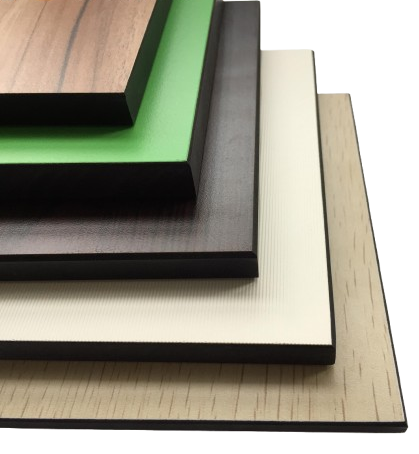
Compact laminate worktops combine affordability with moderate chemical resistance, offering durability in educational, electronics, and training laboratories. Made from resin-impregnated kraft paper layers, they are moisture-resistant, easy to fabricate, and available in customizable finishes. Ideal for light to medium-duty applications, they are commonly used in academic labs, dry testing labs, and robotics facilities. Their sleek appearance and cost-effectiveness make them a popular choice for multi-discipline environments.
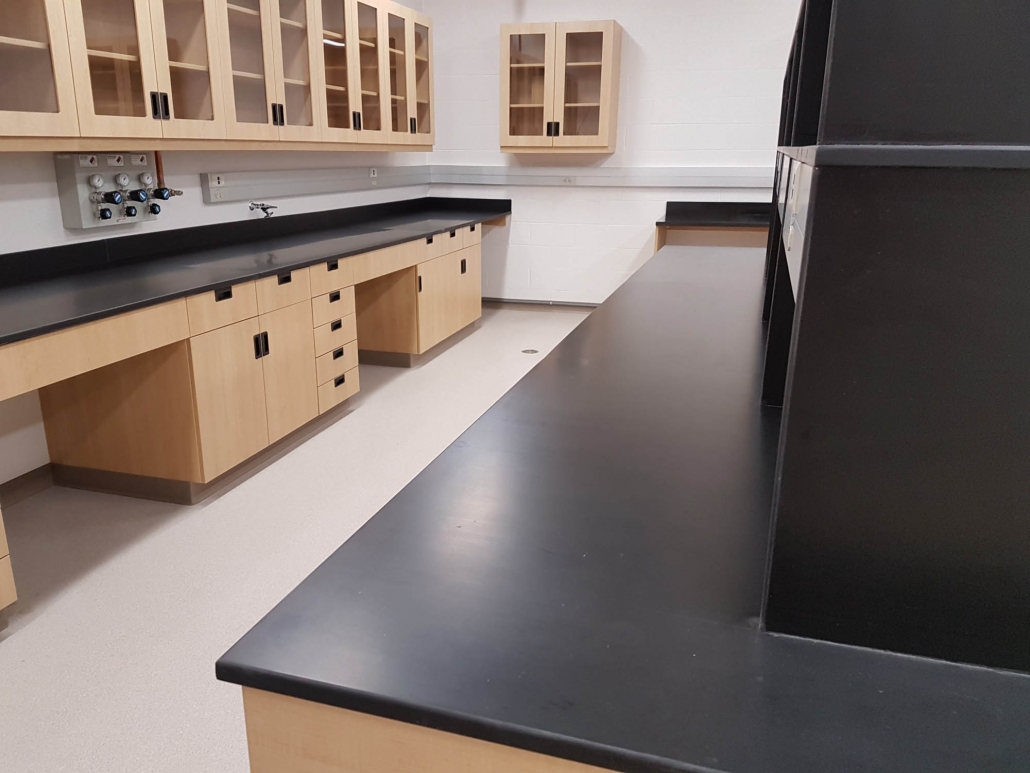
Epoxy resin worktops are the gold standard for high-performance lab environments. They resist harsh chemicals, heat, flame, and moisture, making them ideal for analytical chemistry, pathology, and diagnostic labs. Their solid, non-porous structure prevents contamination and ensures long-term durability under heavy use. Frequently used in university R&D centers, industrial labs, and high-acid environments, epoxy tops provide unmatched mechanical strength and compliance with stringent safety regulations.
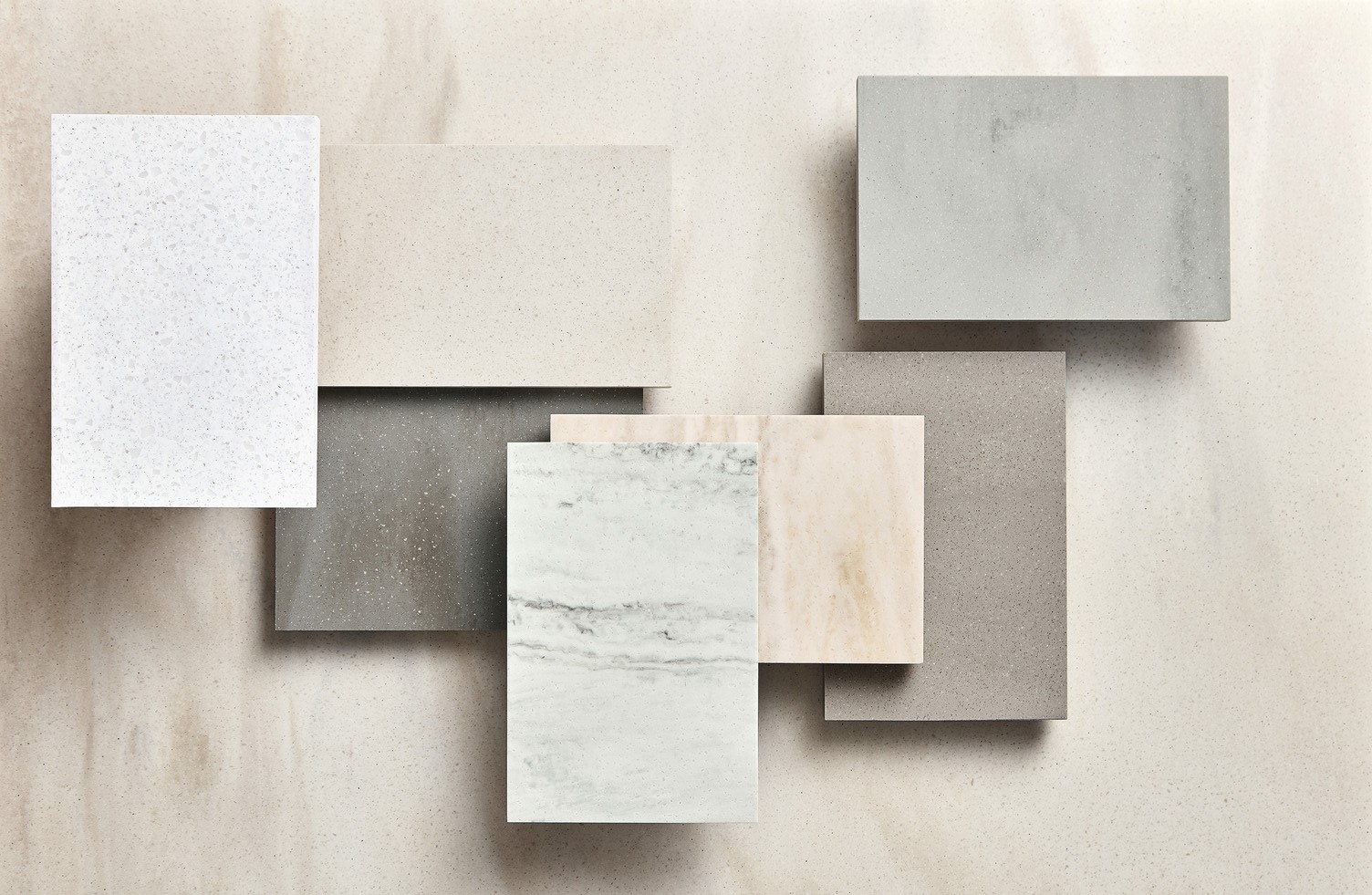
Solid surface worktops—typically made from acrylic or polyester blends—offer a seamless, smooth finish ideal for cleanrooms, molecular biology, and hospital laboratories. They resist microbial growth and are easy to repair or refinish if scratched. While not suitable for high-heat exposure or aggressive chemicals, they excel in hygienic environments, especially where optical clarity and infection control are essential. These worktops are commonly used in clinical diagnostics and pharmaceutical compounding labs.
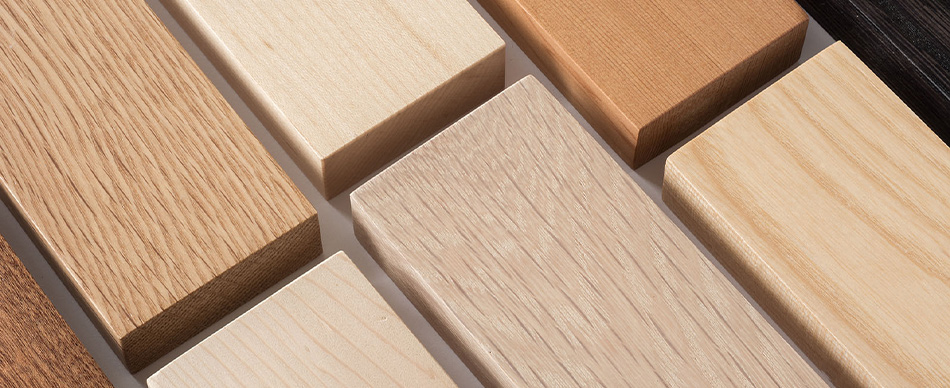
Solid timber worktops offer a traditional, anti-static, and impact-absorbing surface, making them ideal for physics, electrical, and electronics laboratories. While not resistant to harsh chemicals or heat, they are perfect for dry labs with mechanical instrumentation or component testing. Their natural finish provides durability and comfort in educational institutes and workshops where heavy instruments or assembly work is performed. Timber tops bring aesthetic warmth and are often used in wood science and prototype labs.
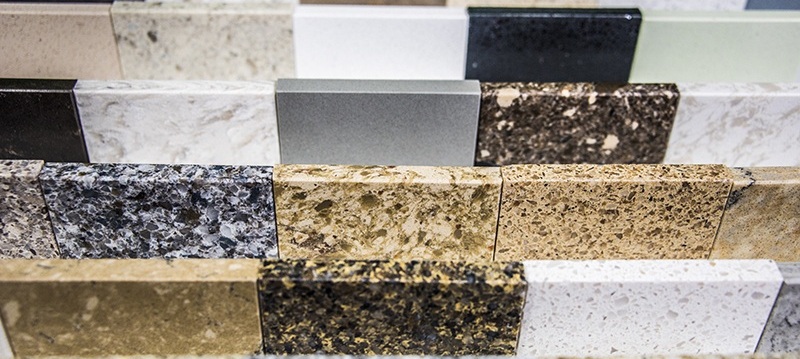
Granite worktops provide unmatched hardness, chemical neutrality, and thermal stability, making them suitable for geology, metallurgy, and petrochemical labs. Resistant to scratches, corrosion, and extreme temperatures, granite is commonly used for precision weighing stations and optical calibration surfaces due to its dimensional stability. It supports long-term use in rugged lab settings where heavy instruments and high-impact work is involved. Natural beauty also makes it a durable option in museum and archaeological testing labs.